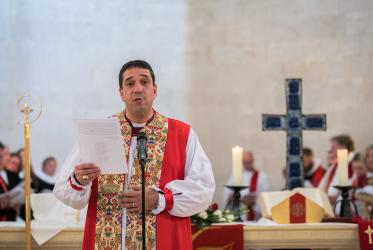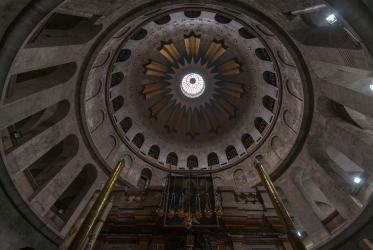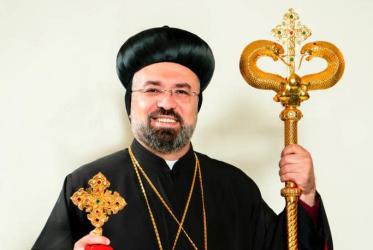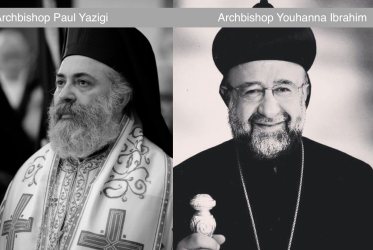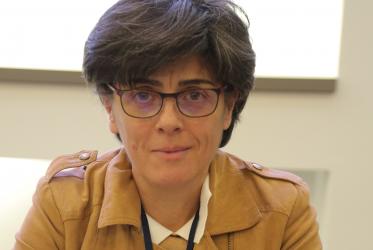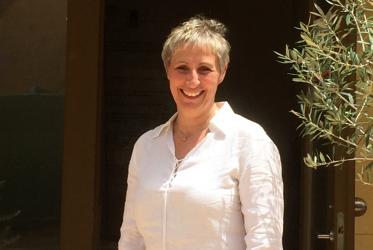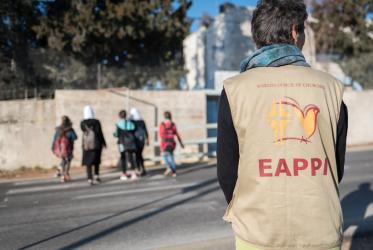Displaying 1 - 20 of 97
WCC renews call for release of archbishops of Aleppo
28 February 2022
In Lebanon, “without peace there is no justice”
21 July 2021
Hope prevails in times of crisis in Lebanon
14 September 2020
Dr Saïd Ailabouni: God is on the side of rejected, oppressed, occupied
12 September 2019

